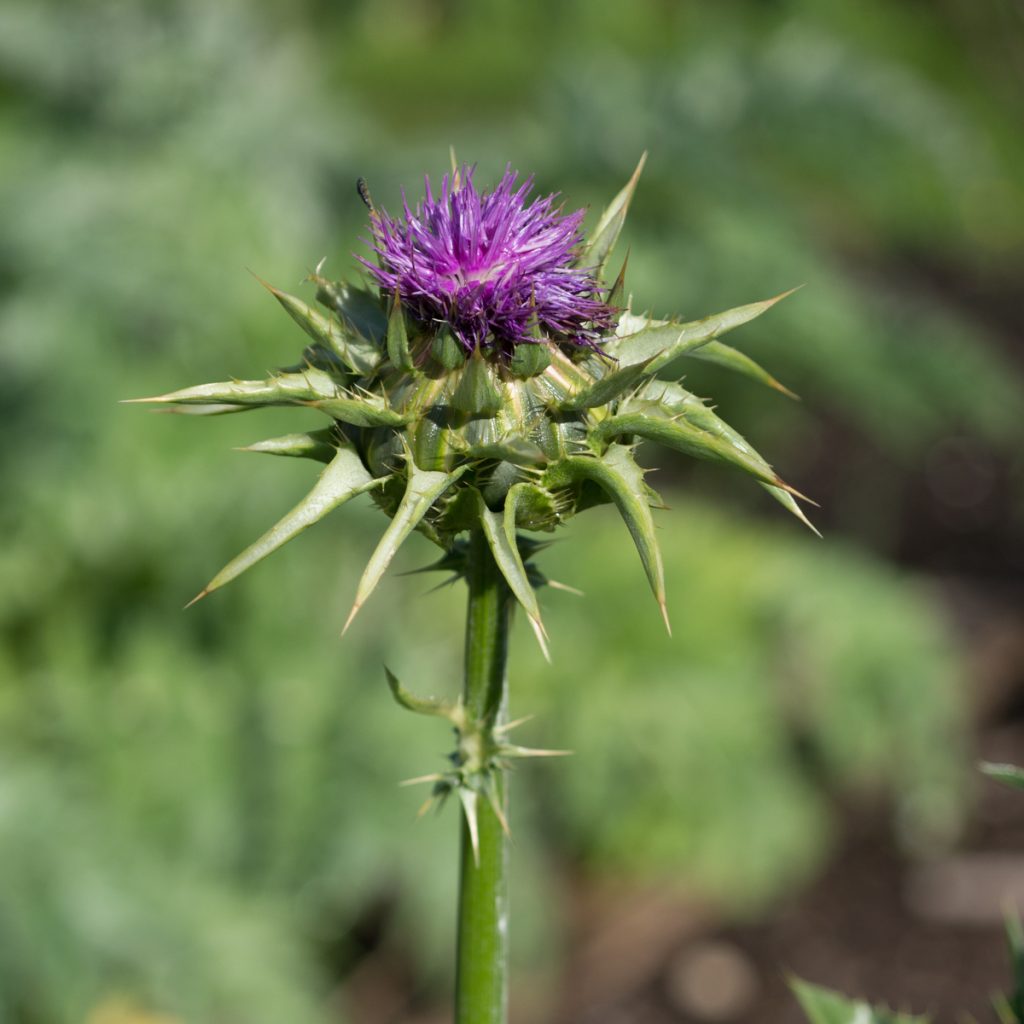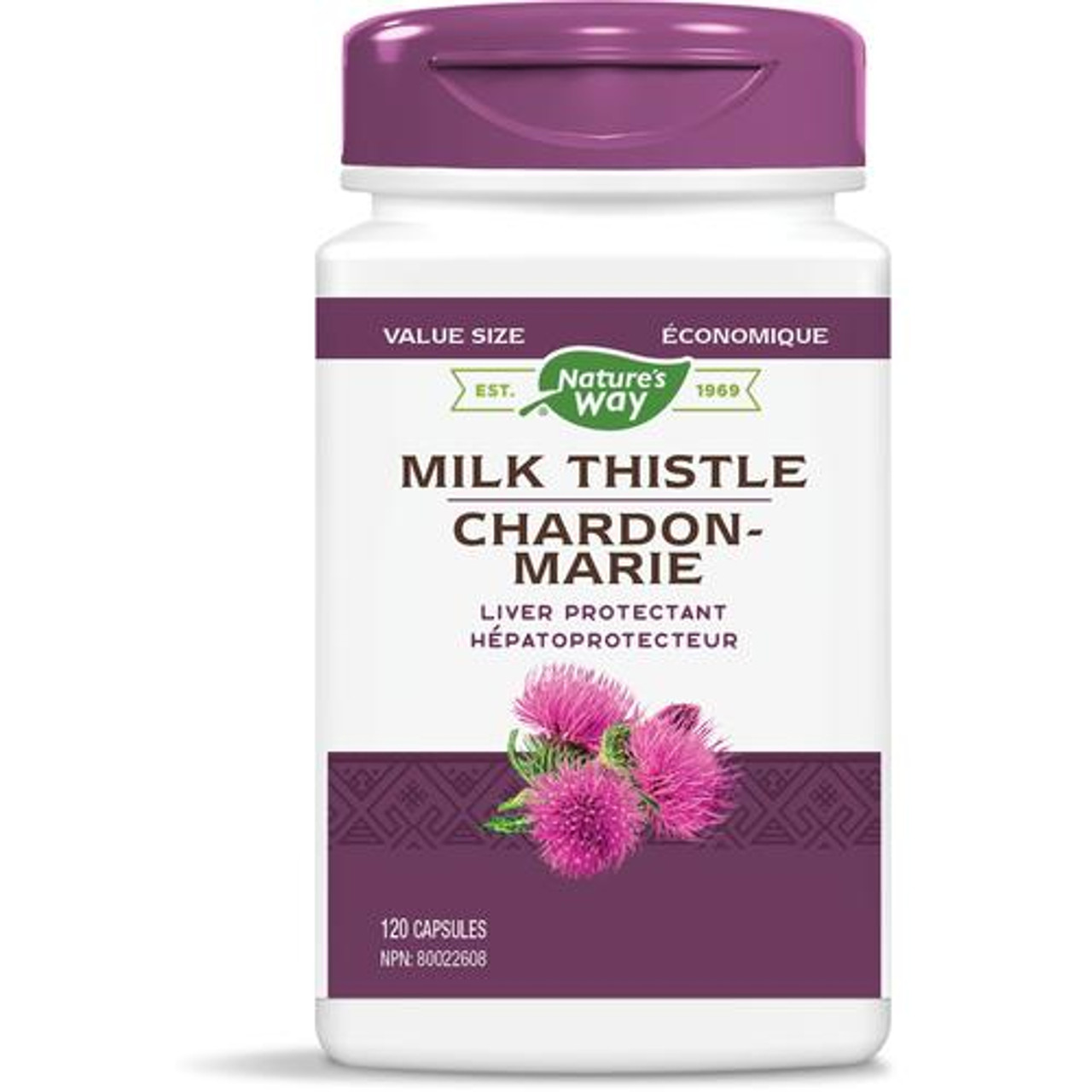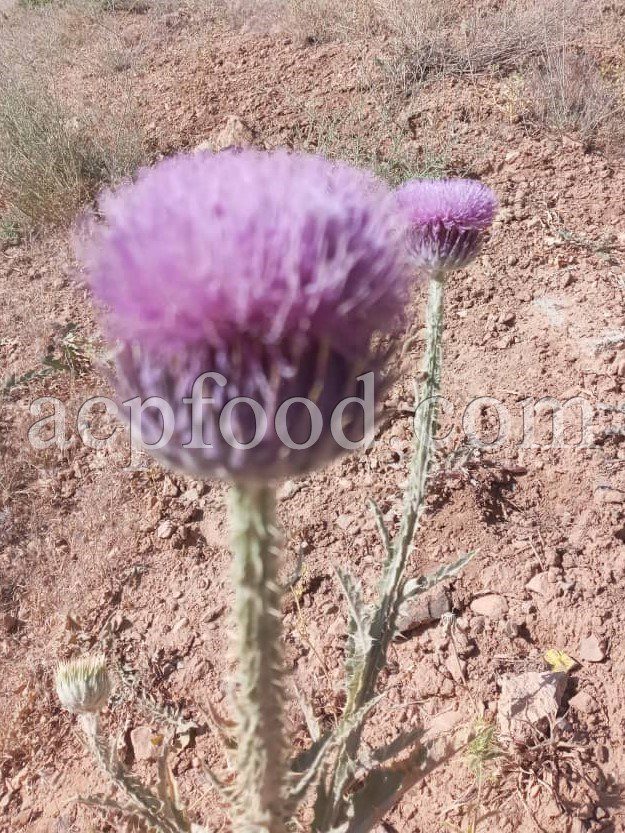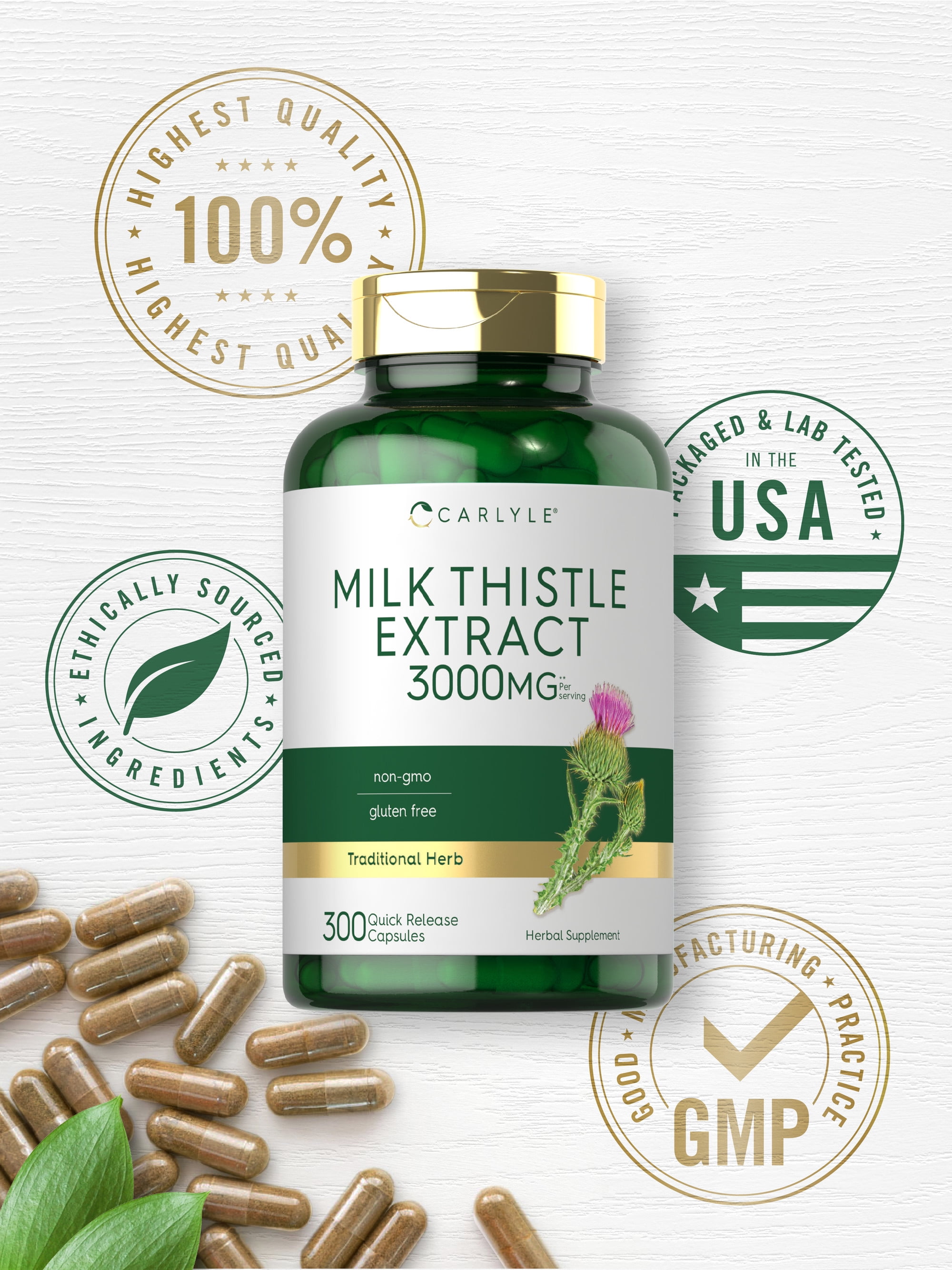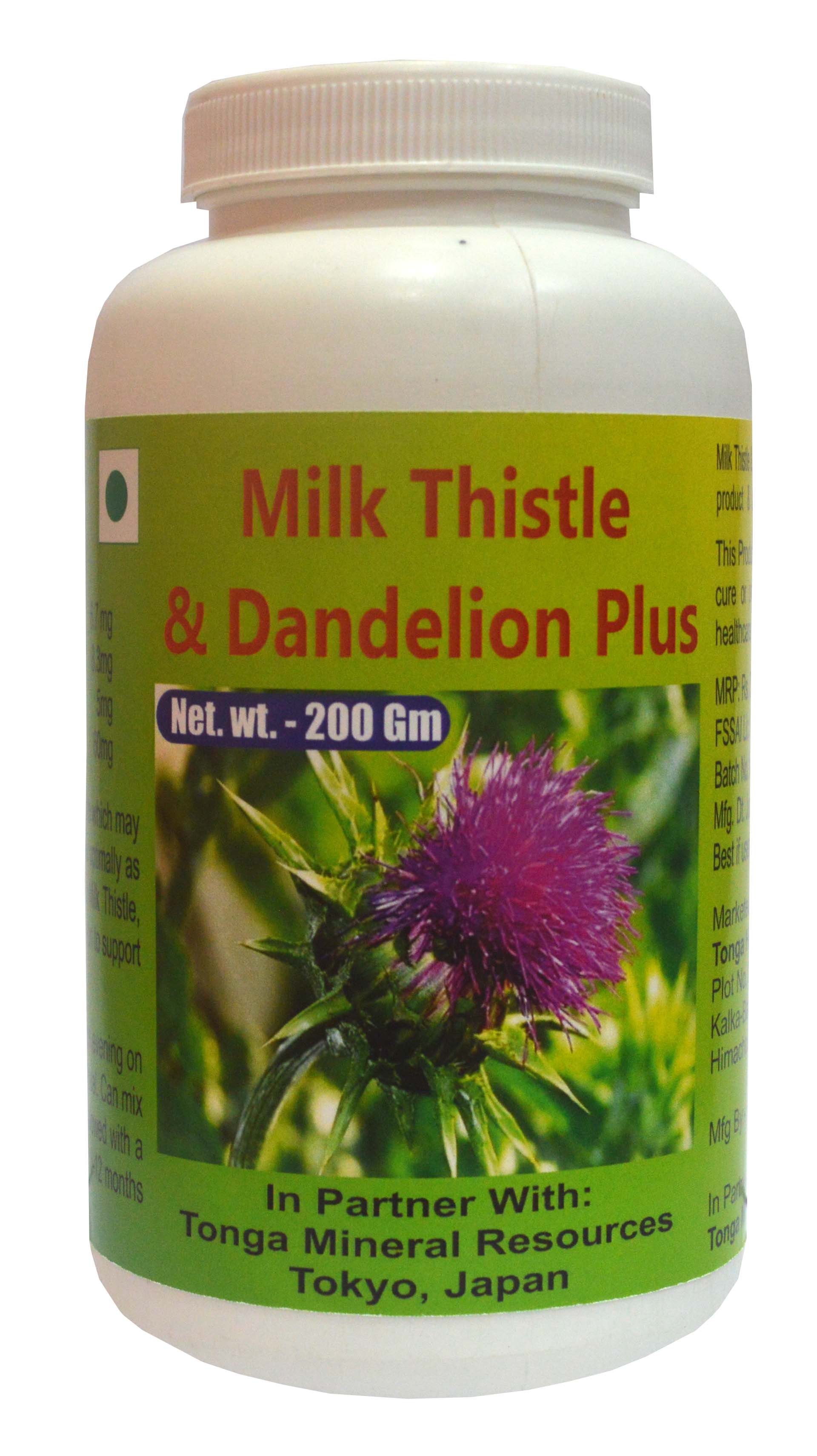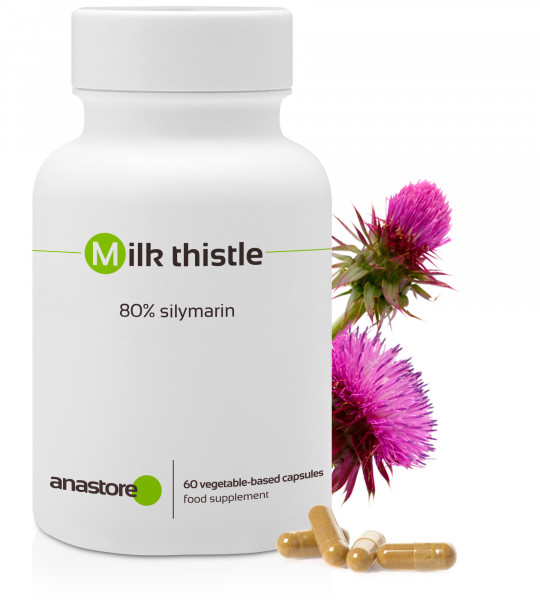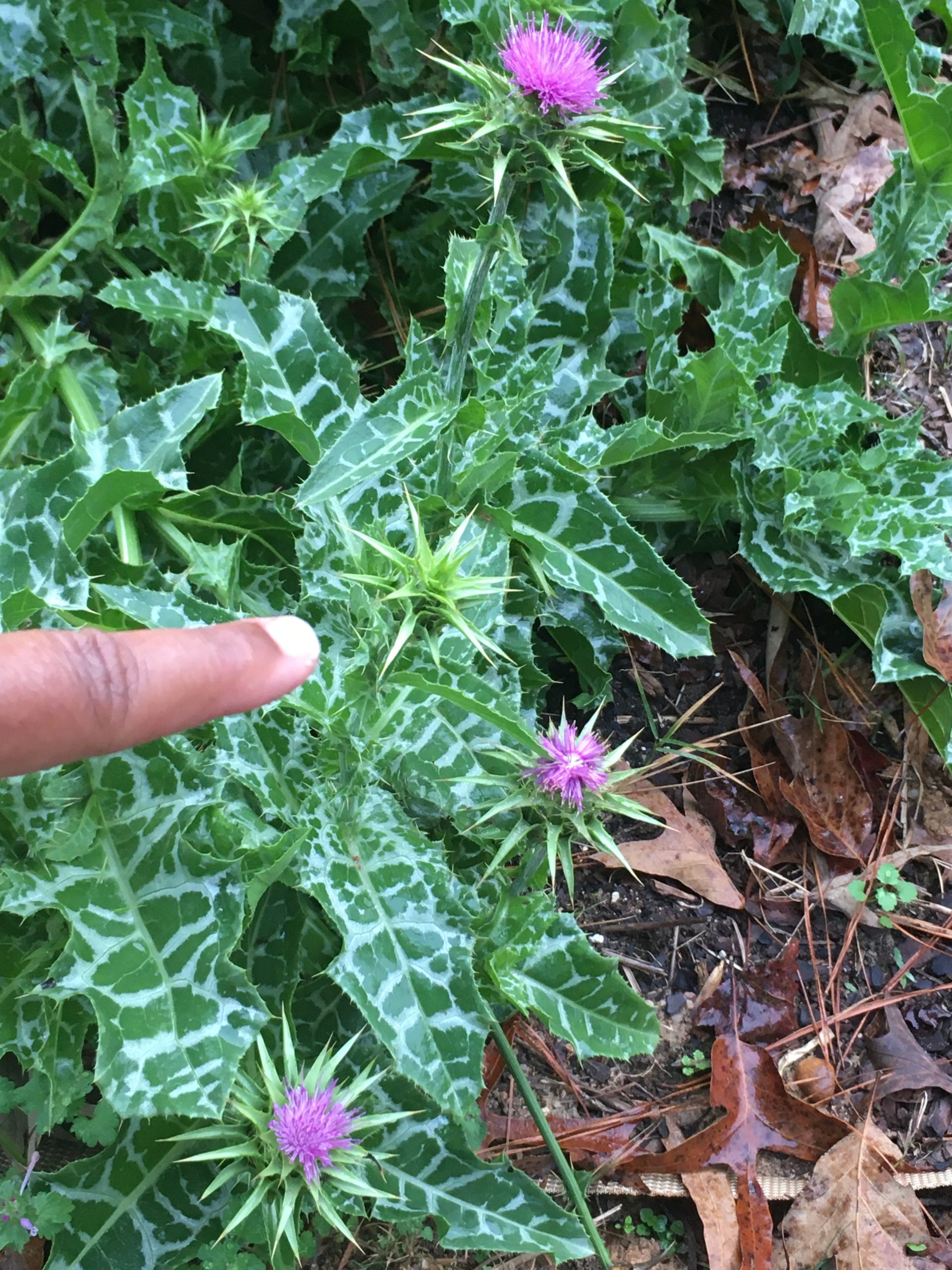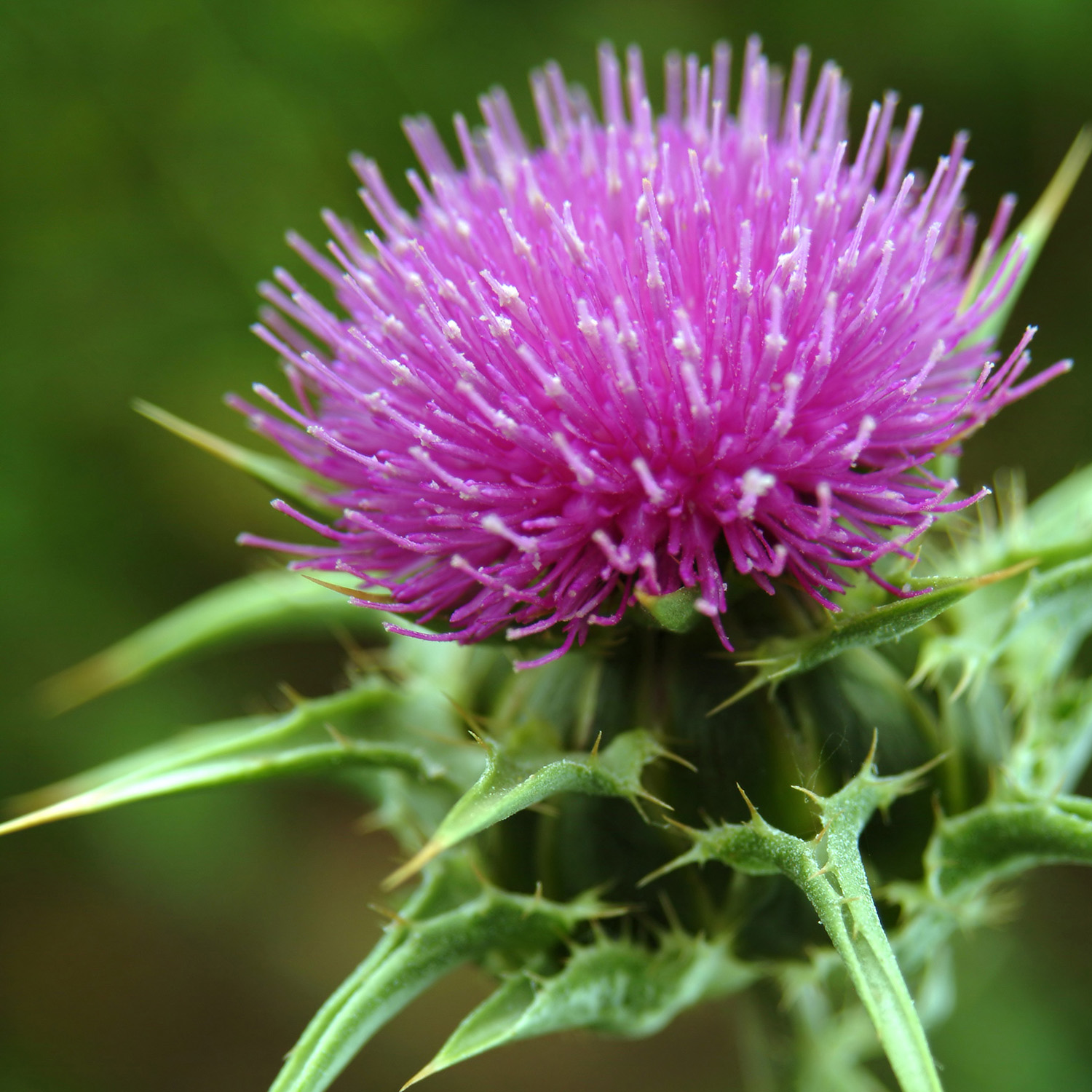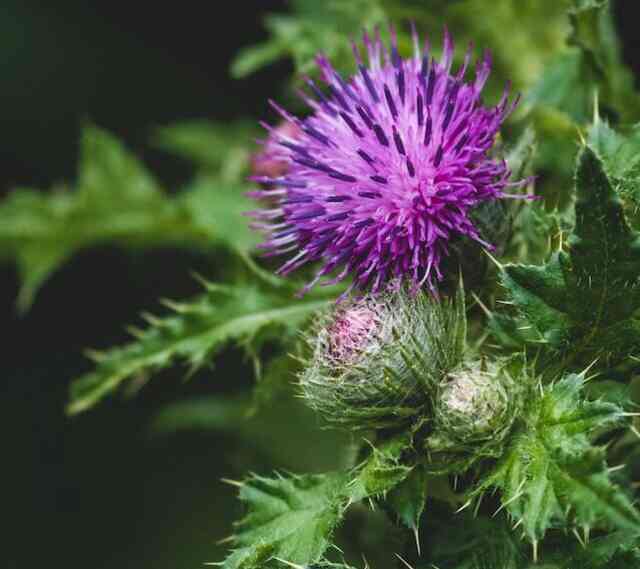Where Can You Buy Milk Thistle

For centuries, milk thistle, with its distinctive purple flowers and spiky leaves, has been touted for its potential health benefits. From supporting liver function to antioxidant properties, its popularity has surged, leading many to wonder: Where exactly can you purchase this herbal remedy?
This article provides a comprehensive guide to finding milk thistle, exploring various retail options, quality considerations, and key information for consumers seeking this supplement. Understanding the available sources and forms is crucial for making informed purchasing decisions.
Retail Options: A Diverse Marketplace
Milk thistle is readily available through a variety of retail channels, catering to diverse consumer preferences and budgets. The most common sources include brick-and-mortar stores and online retailers.
Health Food Stores and Pharmacies
Health food stores, specializing in natural and organic products, are a primary source for milk thistle. These stores typically stock a range of brands and formulations, allowing customers to compare options and seek advice from knowledgeable staff. Pharmacies, particularly those with a focus on herbal remedies, also offer milk thistle, often in standardized dosages.
Larger chain pharmacies like CVS, Walgreens, and Rite Aid may carry milk thistle supplements. The availability may vary depending on location and the specific store's inventory.
Grocery Stores and Supermarkets
Many mainstream grocery stores and supermarkets are expanding their health and wellness sections, including milk thistle in their supplement offerings. While the selection might be more limited compared to health food stores, these retailers provide a convenient option for shoppers already purchasing groceries.
Stores like Whole Foods Market, Trader Joe's, and even larger chains like Kroger and Safeway often carry milk thistle.
Online Retailers: Convenience and Variety
The internet offers an extensive selection of milk thistle products from various brands and suppliers. Online retailers like Amazon, iHerb, and Vitamin Shoppe provide a vast marketplace, enabling consumers to compare prices, read reviews, and access a wide range of formulations.
Direct-to-consumer websites from specific milk thistle manufacturers are another online option. These websites often provide detailed product information and may offer exclusive deals or subscription services.
Forms and Formulations
Milk thistle is available in several forms, each with its own advantages and disadvantages. The most common include capsules, tablets, liquid extracts, and powders.
Capsules and tablets are convenient and offer standardized dosages. Liquid extracts are often absorbed more quickly, while powders can be added to smoothies or other beverages.
The active compound in milk thistle is silymarin, a complex mixture of flavonolignans. Standardized extracts ensure a consistent amount of silymarin per dose, typically ranging from 70% to 80%.
Quality Considerations: Ensuring Purity and Potency
When purchasing milk thistle, it's crucial to prioritize quality and ensure the product is free from contaminants. Look for products that have been third-party tested by independent organizations like USP, NSF International, or ConsumerLab.com.
These certifications verify that the product contains the ingredients listed on the label, in the stated amounts, and that it meets certain quality standards. Check the product label for information about sourcing, manufacturing practices, and any potential allergens.
Organic milk thistle is often preferred, as it minimizes exposure to pesticides and herbicides. Consumers should be wary of products with vague ingredient lists or unsubstantiated claims.
Dosage and Usage
The appropriate dosage of milk thistle can vary depending on the individual and the intended use. Consult with a healthcare professional or qualified herbalist to determine the appropriate dosage for your specific needs.
Generally, dosages range from 100 to 300 mg of silymarin per day, divided into multiple doses. Follow the product label's instructions carefully.
Potential Side Effects and Interactions
Milk thistle is generally considered safe for most people, but some individuals may experience mild side effects such as gastrointestinal upset, nausea, or diarrhea. Individuals with allergies to plants in the Asteraceae family (e.g., ragweed, marigolds, daisies) may be more likely to experience an allergic reaction.
Milk thistle may interact with certain medications, including those metabolized by the liver. It is crucial to inform your healthcare provider about all supplements you are taking, especially if you have any underlying health conditions or are taking prescription medications.
A Growing Market: Driven by Consumer Demand
The demand for milk thistle continues to grow as more people seek natural remedies for liver support and overall wellness. This increased demand has led to a wider availability of milk thistle products in various retail channels.
The global milk thistle market is expected to continue expanding in the coming years, driven by increasing awareness of its potential health benefits and the growing popularity of herbal supplements.
Ultimately, consumers can find milk thistle in a wide range of locations, from local health food stores to major online retailers. By considering quality, dosage, and potential interactions, and by consulting with a healthcare professional, individuals can make informed choices when purchasing and using this popular herbal supplement.
